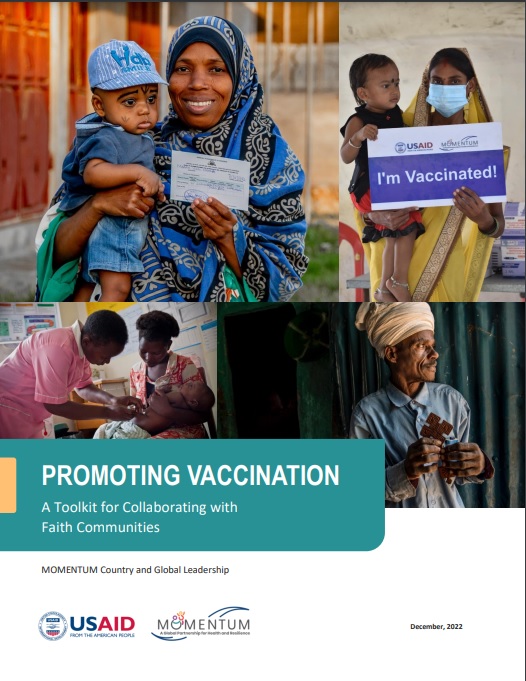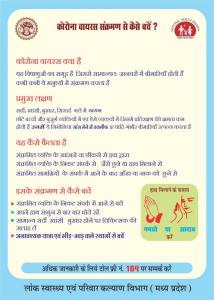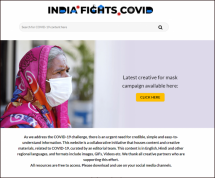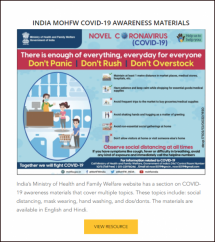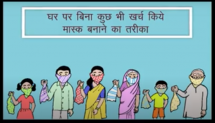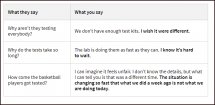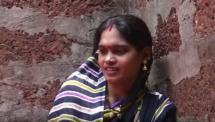Promoting Vaccination: A Toolkit for Collaborating with Faith Communities
This toolkit is designed to equip faith actors and related stakeholders—such as Ministries of Health, medical and scientific bodies, and non-profit organizations that partner with or work alongside faith actors—with the information and tools needed to raise awareness, reduce misinformation, and address barriers that prevent faith communities in particular from engaging in vaccination. It includes information on theological dimensions of vaccination, holding discussions on vaccination, messaging on social media, holding inter-faith discussion forums on vaccine promotion, organizing harmonized inter-faith vaccine campaigns, and engaging with faith-based scientific technical bodies. Ultimately, this toolkit is intended to promote innovative partnerships that drive vaccine acceptance and uptake and to inspire increased strategic discussion and investment among stakeholders in the vaccine space.
यह टूलकिट धार्मिक/आस्थावान प्रभावीजनों तथा सम्बंधित स्टेकहोल्डर्स यथा – स्वास्थ्य मंत्रालय, चिकित्स्कीय एवं वैज्ञानिक संस्थानों, टीकाकरण पर व धार्मिक समुदायों के साथ कार्यरत समाज सेवी संस्थाओं के उपयोग के लिए बनायी गयी है ताकि टीकाकरण के प्रति जागरूकता बढ़ाने , भ्रांन्तियों को कम करने, व टीकाकरण के प्रति अविश्वास /संकोच को कम करने में इस टूलकिट में दी गयी जानकारियों का प्रयोग किया जा सके। इस टूलकिट का व्यक्तिगत और संगठन /संस्थानिक स्तर पर टीकाकरण के उपयोग को बढ़ाने के लिए प्रयोग किया जा सकता है। इस टूलकिट में टीकाकरण सम्बन्धी धार्मिक आयाम, टीकाकरण पर परिचर्चा आयोजित करना, सोशल मीडिया पर सन्देश प्रसारित करना, टीकों को बढ़ावा देने के लिए अंतर्धार्मिक परिचर्चा आयोजित करना, संगतपूर्ण अन्तर्धार्मिक टीकाकरण अभियान आयोजित करना तथा धर्म /आस्था आधारित वैज्ञानिक तकनीकि संस्थाए /निकायों को जोड़ने सम्बन्धी विषयों को समाहित किया गया है। मुख्य रूप से इस टूलकिट का प्रमुख उद्देश्य टीकों की स्वीकार्यता को बढ़ावा देने के लिए नवाचार युक्त सहभागिता को प्रोत्साहित करना तथा टीकाकरण के क्षेत्र में रणनीतिक परिचर्चाओं तथा निवेश को प्रोत्साहित करना है।
Last modified: December 4, 2023
Source: Christian Connections for International Health
Year of Publication: 2023

